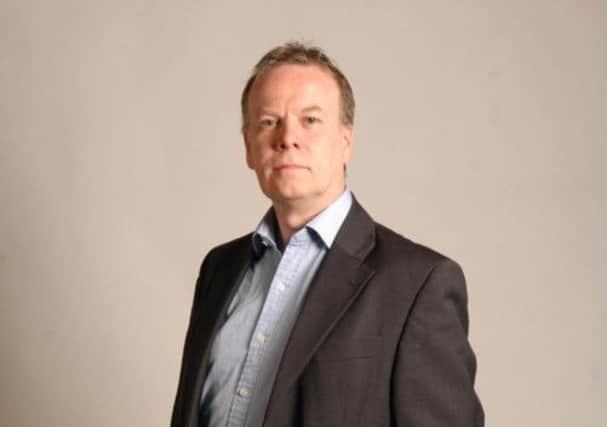Comment: RBS | Spending review: easyJet


The question being asked now is whether it will make a difference.
The bank intends to contact 100,000 customers to tell them what more it can do for them. RBS has had to find a solution as it has been one of the main targets and this may be one way of disproving the generally held view that the banks are refusing to release funds to needy businesses.
Advertisement
Hide AdAdvertisement
Hide AdYesterday it supported its claims that the reason for the decline is not so much an unwillingness to lend but a lack of demand, providing evidence that credit applications from small and medium businesses fell by 20 per cent last year.
Yet, anecdotal evidence points the other way and there is no shortage of companies with a story to tell about their inability to access finance.
The big worries this time are twofold: ensuring the £20 billion available is targeted at the right companies, and that it is offered on terms that will be attractive to applicants. Already there are concerns that the riskier companies that need the money most will continue to face the same problems.
At least this will help move the debtate on from what has become a game of mutual finger-pointing. If RBS can convince enough customers that it really is on their side and has the money they want then it may also help break down mutual suspicion.
Energy may top the Alexander agenda
A NUMBER of high-profile infrastructure projects are expected to be announced by Danny Alexander, Chief Secretary to the Treasury, today in a follow up to Chancellor George Osborne’s spending review.
Chief among them is rumoured to be an energy plan – maybe including nuclear – a commitment to invest in roads and a decision on the high speed rail line (HS2) connecting northern England to London. This £10 billion programme will be the manifestation of a shift from revenue to capital spending, but any announcements must be clear and targeted so that industry can get a proper assessment of what is proposed.
As ever, Osborne has been trying to balance a commitment to drive down the deficit while pump-priming the growth agenda. The battle is over which is winning and whether his measures are working.
Infrastructure spending has been slow in coming and the pace of delivery is not likely to quicken significantly in spite of a renewed effort by the coalition. We may, though, get a clearer idea of what is required and is achievable.
Advertisement
Hide AdAdvertisement
Hide AdOf concern has to be the continuing ring-fencing of education, health and pensions which is putting more pressure on other areas of the public sector to take cutbacks and raises the prospect of tax rises to balance the books.
EasyJet’s highland fling as services grow
WHEN Flybe announced it was selling 25 slots at London Gatwick there were understandable concerns about the impact it would have on the Highlands economy.
EasyJet picked up the slots, but with no guarantees that it would take up Flybe’s 19 weekly flights between Inverness and Gatwick. However, a high load factor in its existing flights between the two locations pointed to a positive outcome. EasyJet has now gone some way to calm nerves by increasing services by 30 per cent.